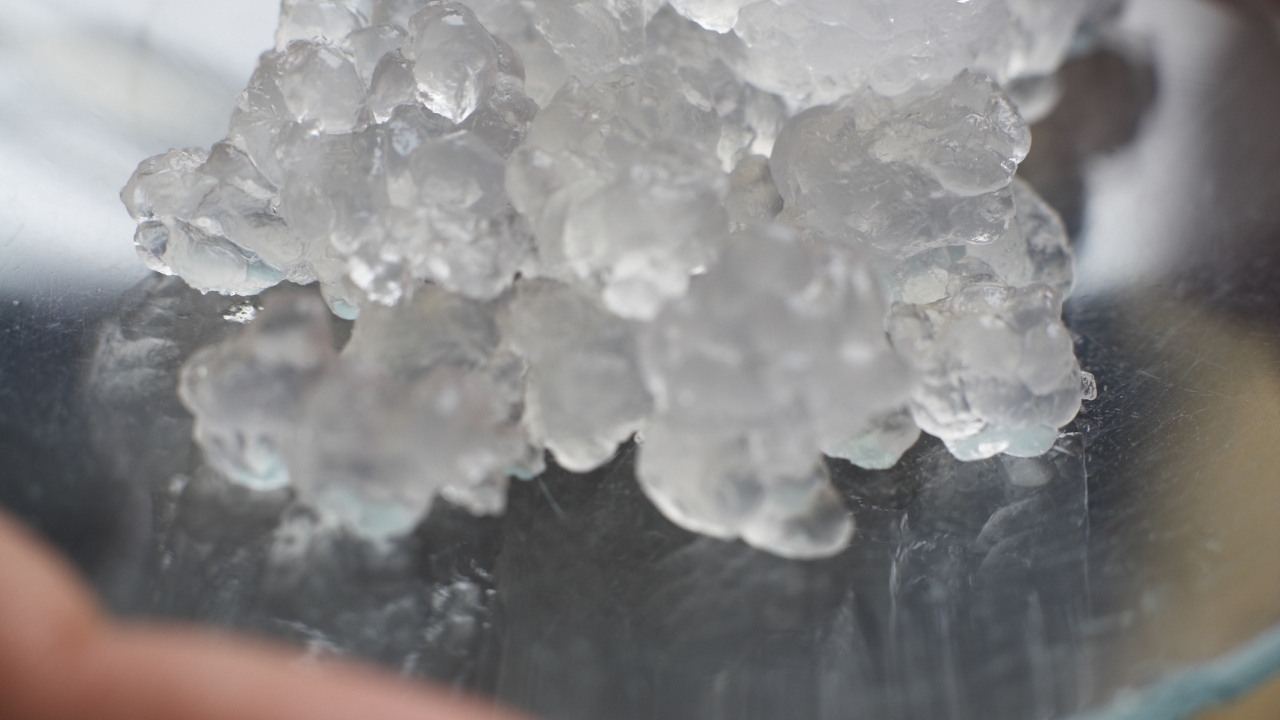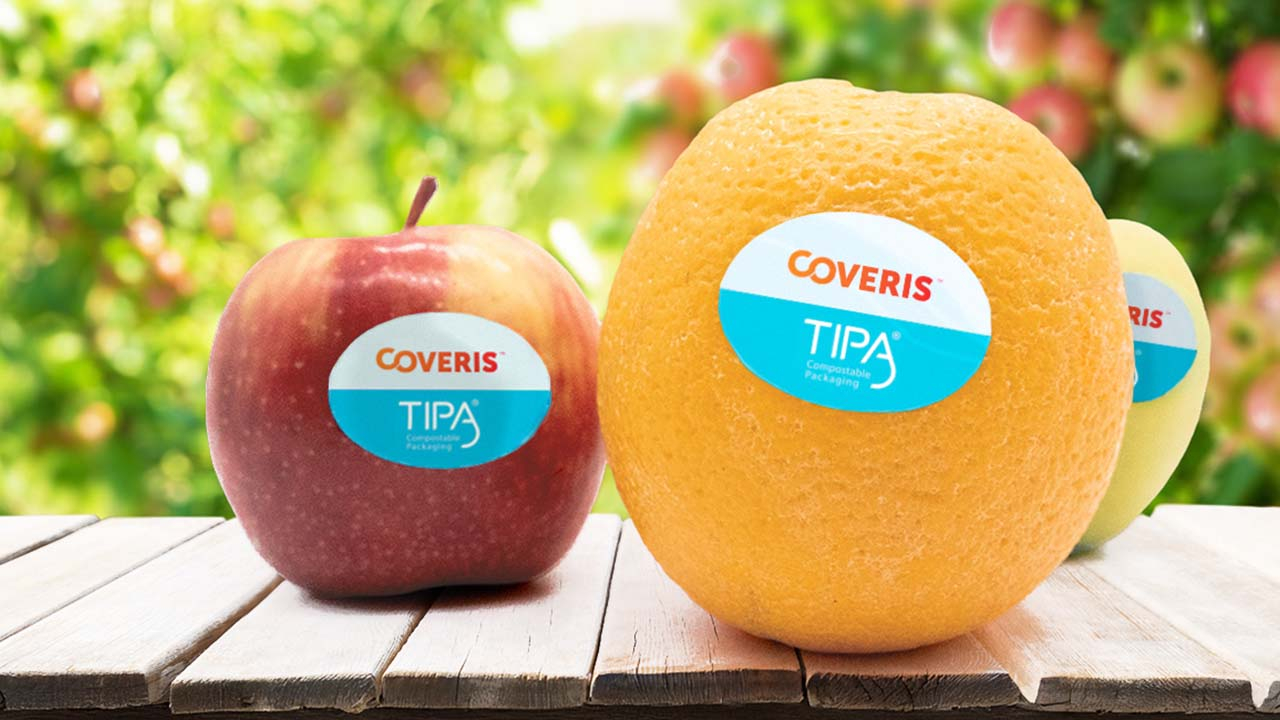BillerudKorsnäs moves onto full scale trials of MFC
After promising initial tests, BillerudKorsnäs is moving ahead with full scale trials of adding microfibrillated cellulose (MFC) to its paperboard products.

MFC is a material composed of nano-sized cellulose fibrils with a high aspect ratio (length to width ratio), with typical fibril widths of 5-20 nanometers and a wide range of lengths, typically several micrometers. It is pseudo-plastic and exhibits thixotropy, the property of certain gels or fluids that are viscous under normal conditions, but become less viscous when shaken or agitated. When the shearing forces are removed the gel regains much of its original state. The fibrils are isolated from any cellulose containing source including wood-based fibers through high-pressure, high temperature and high velocity impact homogenization, grinding or microfluidization.
Recent developments have allowed for industrial scale extraction of the fibrils, components of cellulosic fibers in wood. The full scale trials are made possible through a new cooperation with Borregaard, a global leader in biorefinery innovation. Under this cooperation, BillerudKorsnäs will be supplied with MFC from the recently started MFC plant of Borregaard in Sarpsborg, Norway.
For a paper and board maker, such as BillerudKorsnäs, adding MFC in the production process opens up opportunities for new functionality and for further improved resource efficiency.
BillerudKorsnäs has carried out small scale testing in full production during 2016. Based on the results of these initial tests, the company has now decided on full scale trials to start in early 2017. BillerudKorsnäs’ short term aim is achieving the same strength properties of its paperboard products, but with lesser material. For the future, using MFC could also be key to replacing thin barrier layers of plastics or aluminum today often added to otherwise renewable fiber-based packaging.
Magnus Wikström, chief technology officer at BillerudKorsnäs, explained: ‘By adding MFC we want to explore how to further improve our world class materials to make them even more competitive against their main competitor, fossil based plastic packaging. That is how we increase our positive contribution from a sustainability standpoint. We are enthusiastic over our cooperation with Borregaard and with them as our supplier of MFC in this development program.’
Borregaard has used more than a decade of experience to develop the Exilva MFC technology and is the first company in the world to commercialize MFC through its new plant, which began operation during the third quarter of this year.
Pål Romberg, executive vice president for Exilva at Borregaard, said: ‘Our Exilva MFC products have excellent strength and barrier properties and should hence be good materials for BillerudKorsnäs to further develop their position as a world leader in sustainable packaging solutions.’
Stay up to date
Subscribe to the free Label News newsletter and receive the latest content every week. We'll never share your email address.

